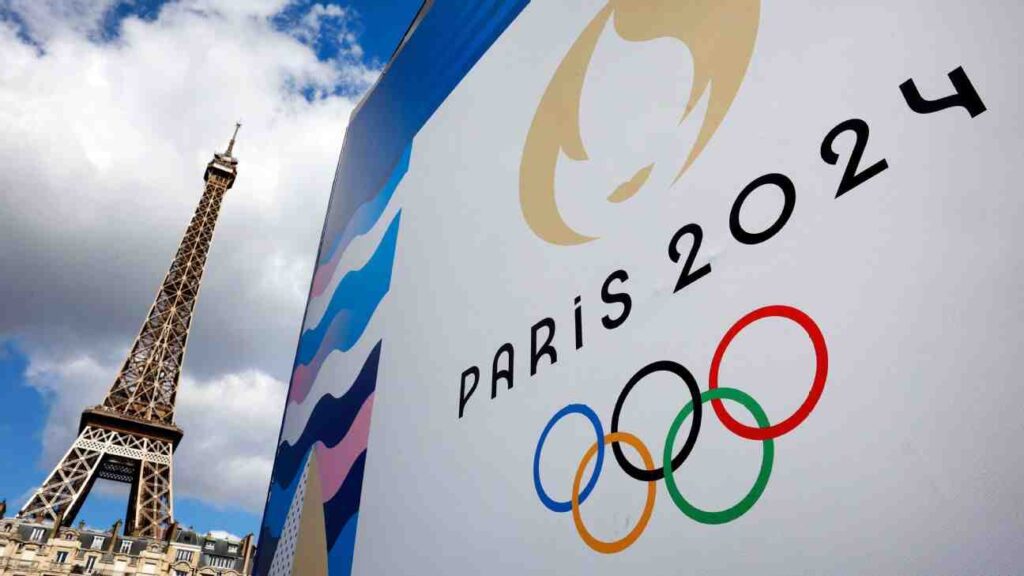Paris 2024 is getting ready to face an unprecedented challenge in terms of cybersecurity, with organisers expecting a huge pressure on the Games this summer.
Organised crime, activists and states will be the main threats during the July 26-Aug. 11 Olympics and the Aug. 28-Sept. 8 Paralympics.
Paris 2024, who have been working hand in hand with the French national agency for information security (ANSSI), and cybersecurity companies Cisco and Eviden are looking to limit the impact of cyber attacks.
“We can’t prevent all the attacks, there will not be Games without attacks but we have to limit their impacts on the Olympics,” Vincent Strubel, the director general of ANSSI, told reporters.
“There are 500 sites, competition venues and local collectives, and we’ve tested them all.”
Strubel is confident that Paris 2024, who will operate from a cybersecurity operation centre in a location that is being kept secret, will be ready.
“The Games are facing an unprecedented level of threat, but we’ve also done an unprecedented amount of preparation work so I think we’re a step ahead of the attackers,” he said.
To make sure they are in the game, Paris 2024 have been paying “ethical hackers” to stress test their systems and have been using artificial intelligence to help them do a triage of the threats.
“AI helps us make the difference between a nuisance and a catastrophe,” said Franz Regul, managing director for IT at Paris 2024.
“We’re expecting the number of cyber security event to be multiplied by 10 compared to Tokyo (in 2021).”
“In terms of cybersecurity, four years is the equivalent of a century,” Eric Greffier, head of partnerships at CISCO, explained.
In 2018, a computer virus dubbed “Olympic Destroyer” was used in an attack on the opening ceremony of the Pyeongchang Winter Games.
While Moscow denied any involvement, the U.S. Justice Department in 2020 said it has indicted six Russian intelligence agency hackers for a four-year long hacking spree that included attacks against the Pyeongchang Games.


